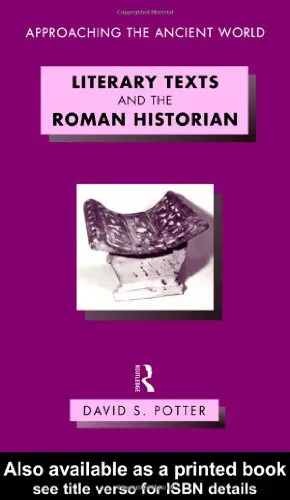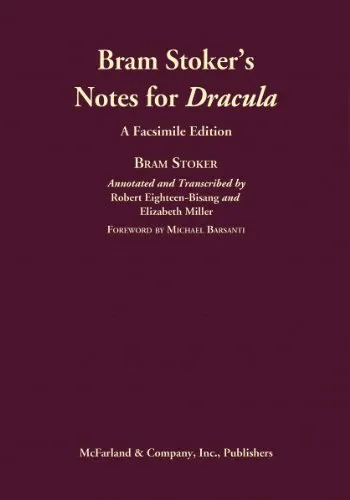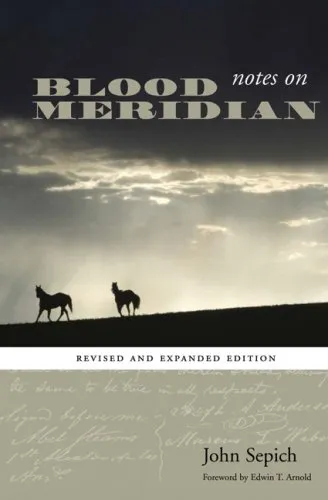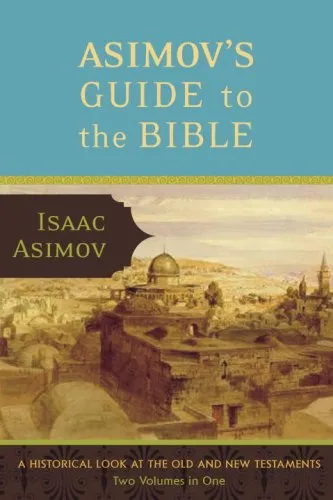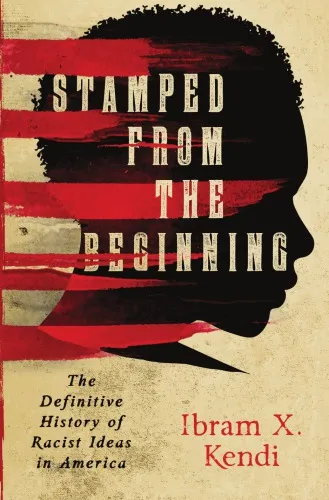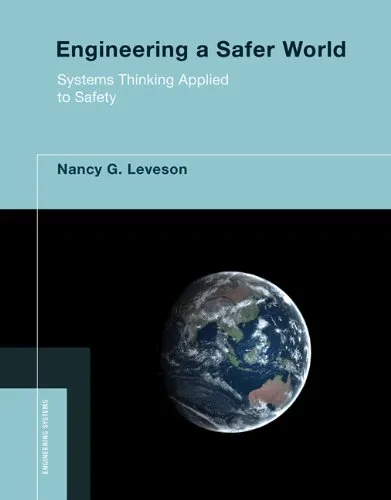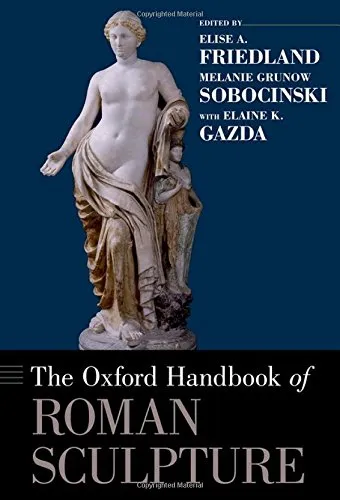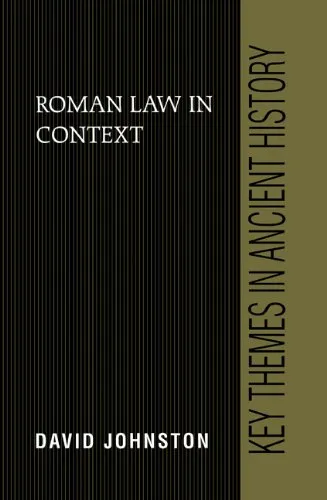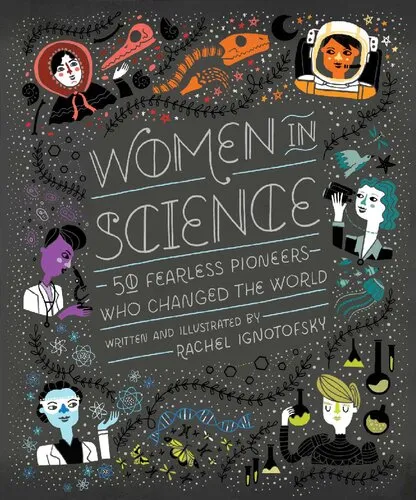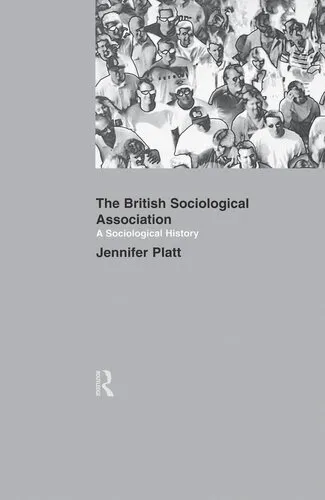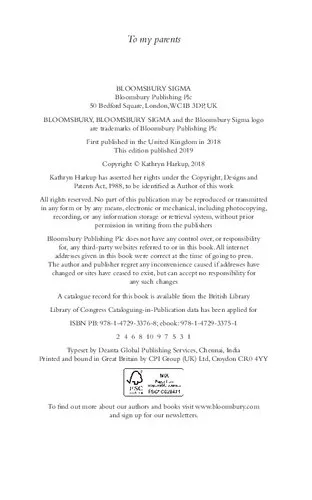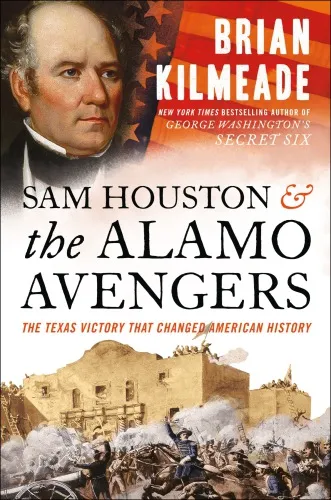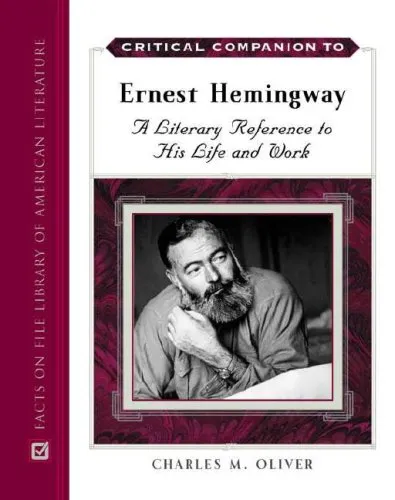Literary Texts and the Roman Historian (Approaching the Ancient World)
4.0
Reviews from our users

You Can Ask your questions from this book's AI after Login
Each download or ask from book AI costs 2 points. To earn more free points, please visit the Points Guide Page and complete some valuable actions.Related Refrences:
Welcome to an exploration of Roman historiography through the lens of its literary heritage. "Literary Texts and the Roman Historian" offers a compelling journey into the ways ancient literary works inform our understanding of Roman history. This book is an essential read for historians, classicists, and anyone interested in the intricacies of ancient Rome.
Detailed Summary of the Book
In "Literary Texts and the Roman Historian," David Potter delves into the complex relationship between Roman historical writing and literary texts. The book positions itself at the intersection of historical fact and literary analysis, exploring how historians can leverage literary sources to construct a more nuanced understanding of Roman history. Potter challenges the traditional notion that literary texts serve merely as a backdrop to historical inquiry. Instead, he argues that these works are vital historical sources in their own right, capable of providing unique insights into the culture, society, and politics of ancient Rome.
Structured into several key sections, the book begins by setting the stage for why literary analysis is integral to historical study. It then moves into case studies, examining specific Roman texts that have been influential in shaping historical narratives. Throughout these examinations, Potter provides detailed analyses, revealing the multi-layered nature of Roman writings and their implications for historical interpretation.
Key Takeaways
- The Interdisciplinary Approach: The book encourages an interdisciplinary approach, combining literary analysis with historical inquiry to unlock deeper insights into Roman history.
- Critical Analysis of Sources: Understanding the context and purpose of literary works is indispensable in discerning their historical value.
- The Multiplicity of Historical Narratives: Rather than a single, unified perspective, Roman literary texts often present a multiplicity of narratives, reflecting the complexity of the Roman world.
Famous Quotes from the Book
"The past is never a singular narrative; it is a tapestry woven with threads of truth, myth, and the imaginations of those who lived it."
"In understanding the ancients, we must listen not only to their voices but also to the echoes of their unwritten stories."
"Literature and history are partners in the dance of time, each reflecting the movements and gestures of the other."
Why This Book Matters
"Literary Texts and the Roman Historian" is a pivotal work that reshapes how we approach Roman historiography. At a time when scholarly emphasis on interdisciplinary studies is growing, this book stands as a testament to the rich insights that can be garnered from considering historical texts through a literary prism. It has become an influential piece in both the fields of history and classics, challenging historians to rethink how they interpret and prioritize sources.
For students and scholars, this book provides not only a framework for analyzing sources but also a call to appreciate the artistry and depth of Roman literary contributions as foundational elements of historical research. Its academic rigor combined with clear, engaging writing makes it an accessible yet profound exploration of an essential aspect of historical study.
Free Direct Download
You Can Download this book after Login
Accessing books through legal platforms and public libraries not only supports the rights of authors and publishers but also contributes to the sustainability of reading culture. Before downloading, please take a moment to consider these options.
Find this book on other platforms:
WorldCat helps you find books in libraries worldwide.
See ratings, reviews, and discussions on Goodreads.
Find and buy rare or used books on AbeBooks.
1415
بازدید4.0
امتیاز0
نظر98%
رضایتReviews:
4.0
Based on 0 users review
Questions & Answers
Ask questions about this book or help others by answering
No questions yet. Be the first to ask!
